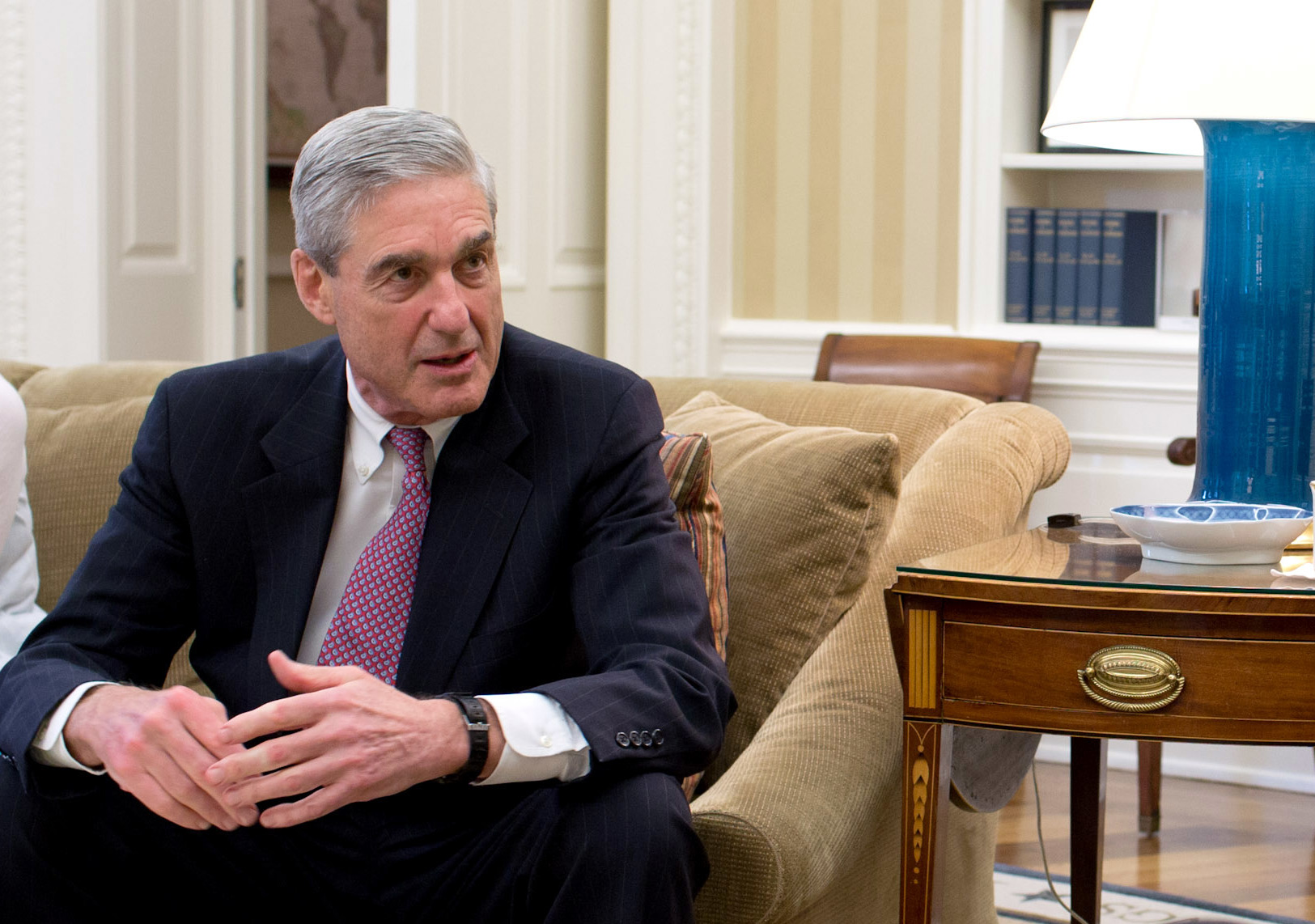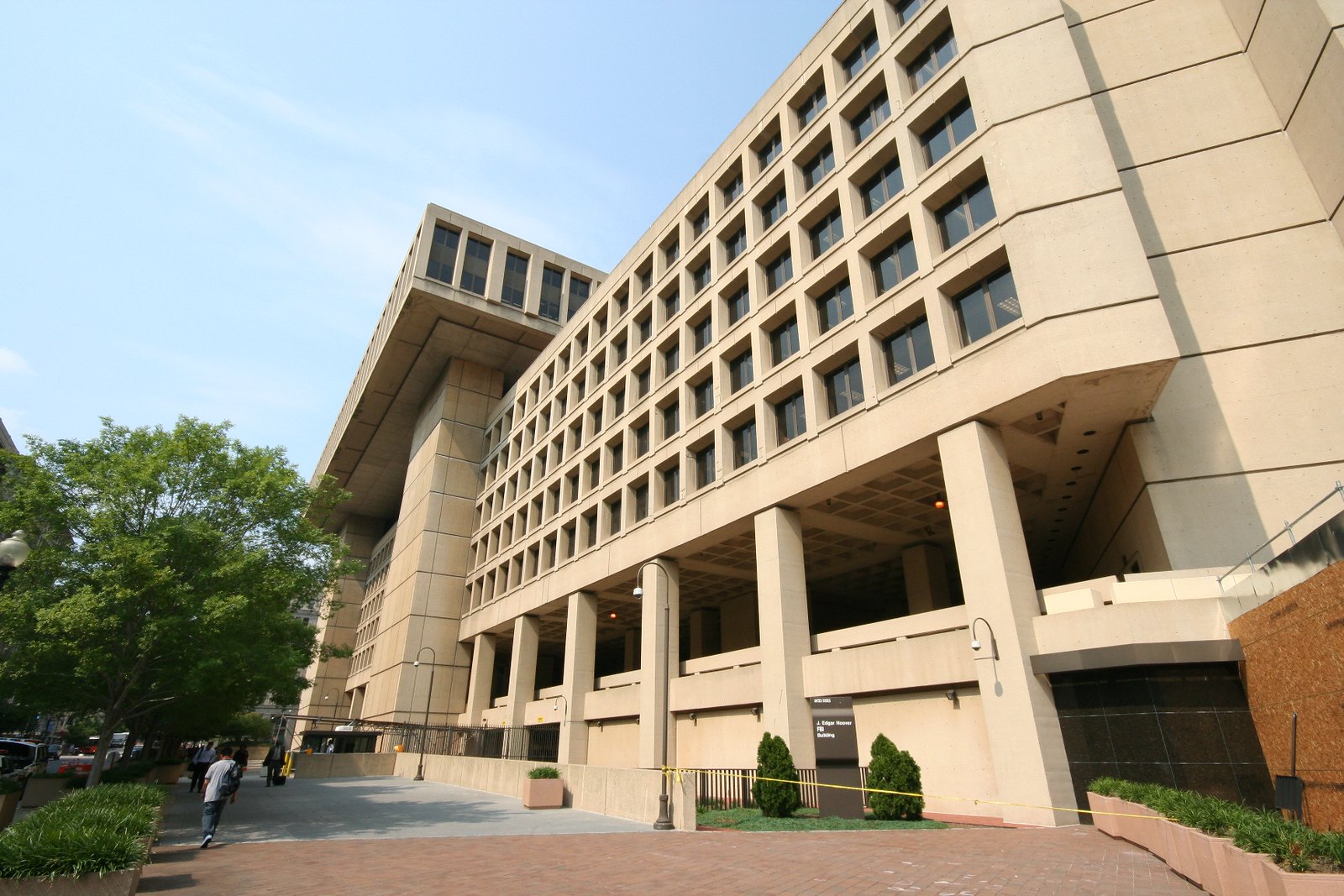What a Difference A Few Indictments Make: Public Confidence in Mueller Soars
Last week, we released public opinion data with somewhat alarming news for Special Counsel Robert Mueller:

Published by The Lawfare Institute
in Cooperation With

Last week, we released public opinion data with somewhat alarming news for Special Counsel Robert Mueller:
The results show that the public has low confidence in Mueller. In fact, 32 percent report having “no confidence” in Mueller on a scale ranging from 1 (“no confidence”) to 5 (“high confidence”). No confidence was by far, the modal response. When combined with respondents selecting 2 on this scale, more than 45 percent have low confidence in Mueller, compared to just 30 percent that have above average confidence in him (those selecting 4 and 5 on this scale).
The survey was taken just before Mueller’s indictments last week of Paul Manafort and Richard Gates and his announcement of a plea agreement with former Trump campaign advisor George Papadoupolos. And it conflicted sharply with poll results released the same day but taken after the indictments by the Washington Post:
More than twice as many Americans approve as disapprove of special counsel Robert S. Mueller III’s investigation of possible coordination between Donald Trump’s 2016 campaign and the Russian government, a new Washington Post-ABC News poll finds, indicating that the conservative effort to discredit the probe has fallen flat as the case has progressed toward its first public charges.
A 58 percent majority say they approve of Mueller’s handling of the investigation while 28 percent say they disapprove, the Post-ABC poll finds. People’s views depend in large part on their political leanings, but overall, Americans are generally inclined to trust Mueller and the case he has made so far.
Meanwhile, fewer than 4 in 10 Americans say they believe Trump is cooperating with Mueller’s investigation, while about half believe he is not.
Both to measure whether the events of the week had impact on confidence in the Mueller investigation and to explore the apparent discrepancy between our findings and the Post’s findings, we re-ran the survey early this week—along with confidence questions about other investigations which have a role in examining L’Affaire Russe. The bottom line is that the week’s news had a huge impact on public confidence in Mueller’s investigation. In addition, we found that Mueller is trusted more than other actors investigating the matter.
What a Difference a Week Makes
Here is the graph on the Mueller confidence question from last week:

By contrasts, here is the graph on the same question from a sample taken between Nov. 5-8, using the same methodology on the same Google Surveys platform:

The shift is dramatic. The modal response, at 30 percent, is no longer “1” (no confidence) but “5” (high confidence). Those selecting either “4” or “5” (the higher confidence rankings) jumped 14 percent to 41 percent of the sample. And those selecting “1” or “2” (the lower confidence rankings) fell to 39 percent this week from 47 percent last week. This positive swing in public confidence occurred across all categories and is not just a difference between the neutral and positive categories. Further, those choosing “3” or higher, thus reflecting at least some confidence in Mueller, is fully 61 percent of respondents, which is broadly consistent with the Post’s 58 percent approval rating.
Partisan Split
The sample is sharply divided by party in a generally predictable fashion. Democrats are overwhelmingly confident in Mueller, with 50 percent giving him the highest confidence rating and another 15 percent rating him a “4.” Only 20 percent of Democrats rate Mueller at either a “1” or a “2.” By contrast, only 38 percent of independents rate Mueller at either a “4” or a “5,” while 42 percent give him a “1” or a “2.” Republicans, meanwhile, rate Mueller a “1” or a “2” to the tune of 56 percent, and only 19 percent rate him a “4” or a “5.”

Comparison with Other Institutions
We also compared confidence in Mueller this time around to confidence in other institutions investigating Russia matters. Particularly in comparison to other institutions, Mueller’s support seems strong. Whereas 41 percent of respondents gave high confidence rankings to Mueller, 35 percent rated the FBI as highly, the second highest of our investigations tested. Mueller and the FBI are also similar in their share of respondents giving them low confidence, with Mueller receiving the lowest ratings, “1” and “2,” from 39 percent of respondents, and the FBI receiving comparably low expressions of no-confidence at 40 percent.
Just 27 percent gave positive rankings to the Justice Department, meanwhile, while 46 percent had negative confidence in DOJ. Notably, the public registered a significant difference between the Department of Justice and the FBI’s positive confidence ratings. This difference in public confidence comes against a backdrop of ongoing speculation about whether Department of Justice political appointees will interfere with or adequately protect the Mueller investigations, and it comes as well against a backdrop of James Comey’s firing as FBI director after refusing to back off the Russia probe. The Department of Justice’s confidence results are most similar to those of the Senate Intelligence Committee’s investigation, analyzed below.

Intelligence Committees viewed better than Congress
The investigation of the House Permanent Select Committee on Intelligence (HPSCI), has been mired in controversy. HPSCI Chair Devin Nunes (R-CA) was forced to recuse himself from the investigation, leaving Ranking Member Adam Schiff (D-CA) to work with Congressman Mike Conaway (R-TX). Yet, multiple press reports of Nunes’ continued engagement on L’Affaire Russe suggests the terms of the recusal are unclear. Against this backdrop, only 22 percent of survey respondents gave positive confidence rankings to HPSCI, while a near majority of respondents gave HPSCI negative ratings. The Senate Select Committee’s investigation fares slightly better, garnering positive confidence ratings from 26 percent of respondents. While still not trusted, this may indicate that the public efforts of Chairman Richard Burr (R-NC) and Ranking Member Mark Warner (D-VA) to proceed on a bipartisan basis is having an effect on public perceptions, at least compared to the House investigation.


Interestingly, self-identified Democrats were most likely to show positive confidence in the intelligence committees’ investigations, despite control of Congress by the Republicans. For the Senate, 33 percent of Democrats gave SSCI a “4” or “5”, while for the House, of Democrats 26 percent gave the investigation a “4” or “5.” Among independents only 22 percent gave the SSCI a “4” or “5,” and
Republicans respondents were the most skeptical of SSCI and only 19 percent of respondents gave it a “4” or “5.” We see this pattern repeat as well when looking at independents and Republican responses on HPSCI.
HPSCI and SSCI members and staff may find some comfort that both of their investigations inspire higher confidence than the chamber as a whole. When we asked about confidence in congressional investigations as a stand-alone question, only 16 percent of respondents gave the legislature a positive ranking on its handling of the investigation, while 58 percent gave the legislative branch negative rankings. Given that Congress as an institution has an average approval rating of 13 percent, it’s unsurprising that the branch did so poorly especially when compared to specific committees and other parts of government.
Independents tended to view Congress as a whole most negatively, while Republicans had greatest confidence in the institution, though Republican confidence was still lower than in the other investigations.

This low confidence in Congress, if it persists, is potentially of concern if the Mueller investigation finds evidence of activity by the President that it must refer to Congress for its action.
But for now, Mueller’s numbers have not just dramatically improved, they are notably better than anyone else’s. We will continue to track on a monthly basis confidence in Mueller’s investigation and other actors. It will be interesting to see whether the change reflects a momentary burst of confidence in connection with the indictments or whether it is sustained over time.
Methodology
We collected these data using Google Surveys, which has supported this project with an in-kind donation of access to its survey platform. Respondents are internet users over 18 who answer “surveywall” questions on websites that use Google Opinion Rewards for Publishers to access content, including a network of more than 1,500 sites such as the Financial Times and USA Today. For more information on Google Surveys’ methodology, including questions about sampling bias and inferred demographics, see Google’s white paper on the subject.







